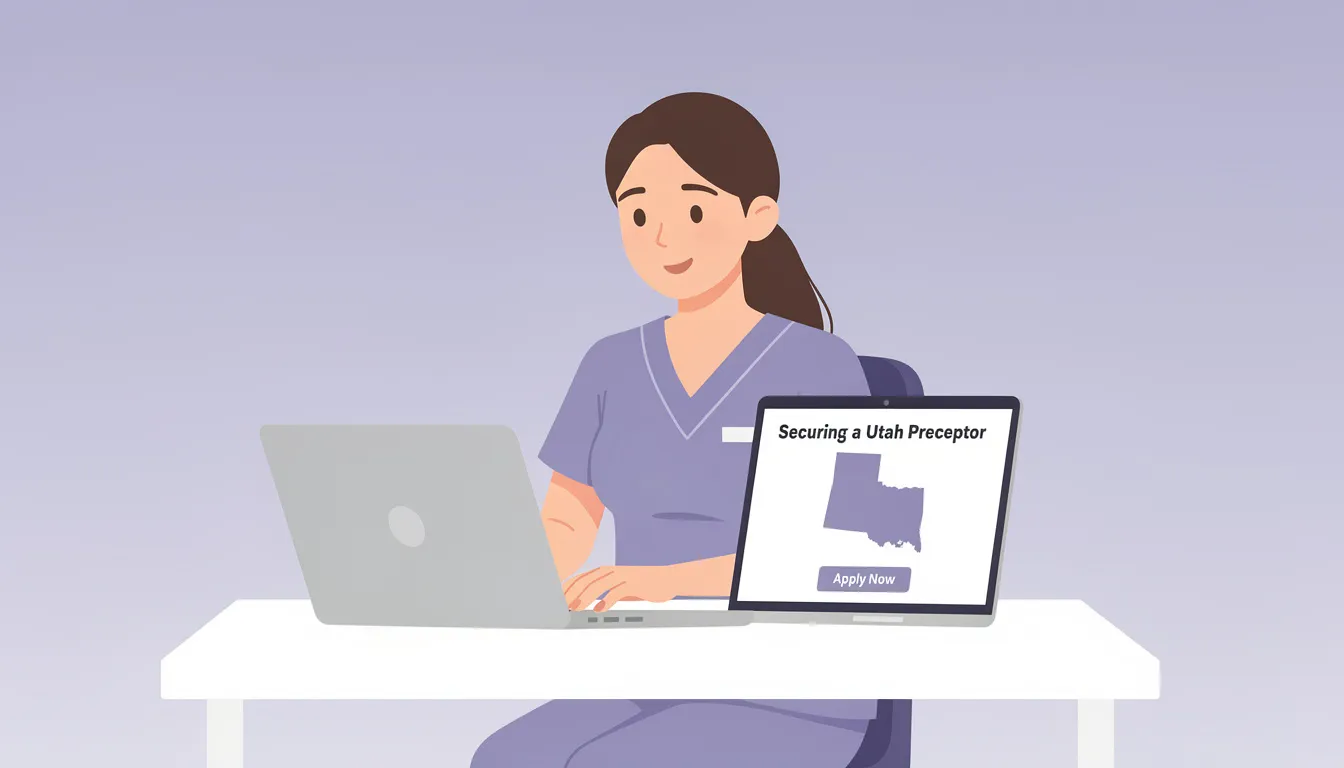Every job starts with a contract. You go in, you check it out, and (if you think the terms are good) you sign it. No big deal, right?
In a perfect world, most people would carefully pay attention to what’s in their contracts. After all, they can be the difference between a great working experience and being downright exploited for a questionable wage with little benefits.
However, a lot of people just go in and sign their contract. No questions asked. They need that job and that’s all they care about during the interview.
While this is understandable, it is definitely not recommended. Some employers will offer you a certain type of employment contract depending on what benefits them the most. Not necessarily what benefits you. For instance, some employers might misclassify full-time employees as independent contractors to avoid providing benefits such as health insurance and retirement plans.
This is why you should pay attention to the contract you are about to sign. You might be offered a “regular” employee contract (which would be a “W-2” position), or you might be offered to work as an independent contractor (which would be a “1099” position).
Today we will have a look at what this is all about, and how it might affect you as a nurse practitioner. If you’re just graduating and are on the way to getting your first job, this is definitely something you have read first. As a contract nurse, understanding these distinctions is crucial for maximizing your financial benefits.
“W-2” and “1099”: What do these terms mean? Why are they important?
To put it simply, “W-2” is the name of the IRS form your employer sends you each year, containing your wages and information about the taxes you’re paying as an employee of the company.
If you’re entering a W-2 contract, that means you are considered an employee, and the word “employee” has a specific definition given by the IRS. We’ll talk more about that below.
“1099” is the name of a different IRS form. It’s okay if you don’t know what it is because this form, again, applies only to people who work as independent contractors or freelancers.
An independent contractor is not an “employee,” but a person who is “self-employed.” The IRS has a different definition for people who work independently. 1099 nurses are responsible for paying quarterly taxes, unlike W-2 employees who pay annually.
Some people only have to deal with W-2 forms for their entire lives. Others make a living by themselves and only have to deal with 1099 forms. Some people do both, depending on their circumstances.
You can be self-employed and an employee at the same time. This is common for people who, for example, work as NPs for a given clinic but also have a personal side business.
Why are these definitions and different forms important? Well, it all comes down to who has to pay taxes to the IRS and who’s responsible for providing you with things like employee benefits and insurance. Understanding the differences also helps in managing income taxes effectively.
To get a better understanding of this, let’s look at the difference between a regular employee and an independent contractor:

“Employee” vs. “Independent Contractor”
In layman’s terms, these are the differences between an employee (W-2) and an independent contractor (1099):
- An employee works for a company and provides them with revenue. In turn, the company is responsible for giving them a salary and benefits in exchange for them using their skills to provide revenue for them. They are also responsible for helping them with taxes. This is the law.
- An independent contractor works for themselves. They provide revenue for themselves. In this case, they are responsible for providing themselves with their own salary and benefits. They are also 100% responsible for paying their own taxes. This is also the law.
With this in mind, let’s compare both types of employment:
- W-2 employees receive a salary and benefits from their employer.
- Employers help W-2 employees with their taxes.
- W-2 employees receive worker's compensation, which is not available to 1099 contractors.
- 1099 contractors must provide their own salary and benefits.
- 1099 contractors are responsible for paying their own taxes.
The W-2 contract: Being an employee with health insurance
The W-2 Form reports your annual Wage and Tax Statement to the IRS. This form includes taxes withheld from your pay that include things like social security and Medicare payments made by you and your employer on your behalf.
Your employer is responsible for giving you a W-2 form so you can get your taxes in order.
The fact that you are receiving a W-2 form means, again, that you are considered a salaried employee. You go to work, you put in the hours, and your employer controls how you do your work.
As a W-2 employee, your employer defines your schedule, and sets the rules for what you need to be doing. In turn, you are able to get employee benefits, you’re guaranteed at least minimum wage, and your employer provides you with the tools you need to do your job.
Also, the company helps to pay part of your taxes, as we mentioned before.
Some of the benefits of being a W-2 employee might include:
- Health care benefits, including health insurance
- Insurance coverage, including disability insurance
- Workers’ compensation
- Retirement plans, which your employer might help you with at some point
- Paid training
- Paid vacations
- Sick leave
- Reimbursement for some expenses
- The option to get a salary raise from time to time
- Overtime pay and bonuses
Aside from these benefits, we could also mention the fact you are considered a part of the business. This means that you have the possibility to advance within the company, maybe pursue a different position, etc.
You are also part of a team, so you might get to enjoy a more communal environment where you can be involved in different activities with your colleagues.
Common cons for W-2 jobs are a lower salary, less control over how you do your job, and having to adhere to certain goals or unjust company policies. While W-2 employees receive various benefits, they might miss out on certain tax deductions available to 1099 contractors, such as travel expenses and continuing education costs.
The 1099 contract: Being an independent contractor and how to maximize tax savings
The 1099 form reports self-employment income. There’s more than one type of 1099 form, as there are various types of taxable income that you might receive throughout the year.
You should receive a 1099 form from each person who’s contracting your services and paying you a minimum of $600.
The fact that you’re receiving a 1099 means that you’re employing yourself and therefore should have some degree of control over how you work. However, this is not always the case.
Also, since the taxes you owe are not automatically taken out of your paycheck (which is what happens when you work as an employee), you’re responsible for figuring it out on your own, including managing your business expenses.
Independent contractors can maximize tax savings by carefully tracking their expenses and deductions.
As a 1099 you have to pay income tax, self-employment tax, social security and Medicare from your own pocket. In fact, independent contractors pay twice as much taxes as employees and need to make regular quarterly tax payments.
So, you might be thinking this sounds terribly inconvenient. Why would any nurse practitioner choose to work as an independent contractor?
Well, to be fair, there are some benefits to being a 1099 worker. The first one is a much higher salary, usually 20% higher than the one you would earn as an employee.
Also, the companies that hire your services might offer some reimbursements like meals and lodging. You also might get to create your own schedule and decide which projects you’d like to take.
You should also consider that there are lots of things that are tax-deductible, especially some job-related expenses. If you play your cards right, you can really lower your overall tax costs and see a huge profit at the end of the year.
Additionally, independent contractors need to secure their own malpractice insurance, which can be a significant expense.
Now, a very important thing to consider when in the process of becoming an independent contractor is to make sure you’re not being duped into becoming one, which brings us to our next point:

Always make sure you're actually independent and prepared to pay taxes when considering a 1099
It’s important to do some research on this before signing any contract because some companies will try to hire you as independent nurse contractors to avoid giving you benefits or having to deal with your taxes and employment costs.
Some companies will indeed try to label you as independent while still exercising control over how you work, setting all the rules, and not paying you what you’re owed.
This is very wrong, and also more common than you may think. In short, they will treat you as an employee work-wise, but not benefit-wise.
However, this doesn’t mean you should avoid the opportunity to be an independent contractor for your entire life. The key is to be careful with every contract you sign, always. Make sure that your contract meets the criteria for 1099 work.
If you need more information on this, here’s an article directly from the IRS website.
Getting to work
As you can see, there isn’t really any argument that proves being an employee is better than being an independent contractor, or vice versa.
It all comes down to how you wish to manage your career, the opportunities that come your way, and how you handle your own benefits.
Don’t be afraid to take chances. Try to learn a little bit more. Want some specialized help? There are lots of people out there that can help you with your contract.
A good example of this is our friend Joe Flores, who is both an NP and a Legal Consultant. Check him out! You can also reach out to our friend John Canion, who is an expert on contract negotiation.
You can also check out a video we did on the subject with our friend Laura Hickmann, Family Psychiatric NP. Here’s the full podcast if you want to learn more!
We’ll be writing more about these issues later on, but for now, pay your taxes, understand that 1099 employees do not receive benefits typical of W-2 employment, and read the fine print!
By understanding the tax implications and structuring their work appropriately, independent contractors can achieve significant tax savings.

Follow us on social media and feel free to contact us for any questions and requests:
Facebook: https://www.facebook.com/NPHubOfficial/
Instagram: https://www.instagram.com/nphub_
Join our new FREE Facebook group for exclusive updates on new preceptors and promo codes here:
Find a preceptor who cares with NPHub
Book a rotation.webp)








.webp)


.webp)



%20(3)%20(2).svg)
.webp)